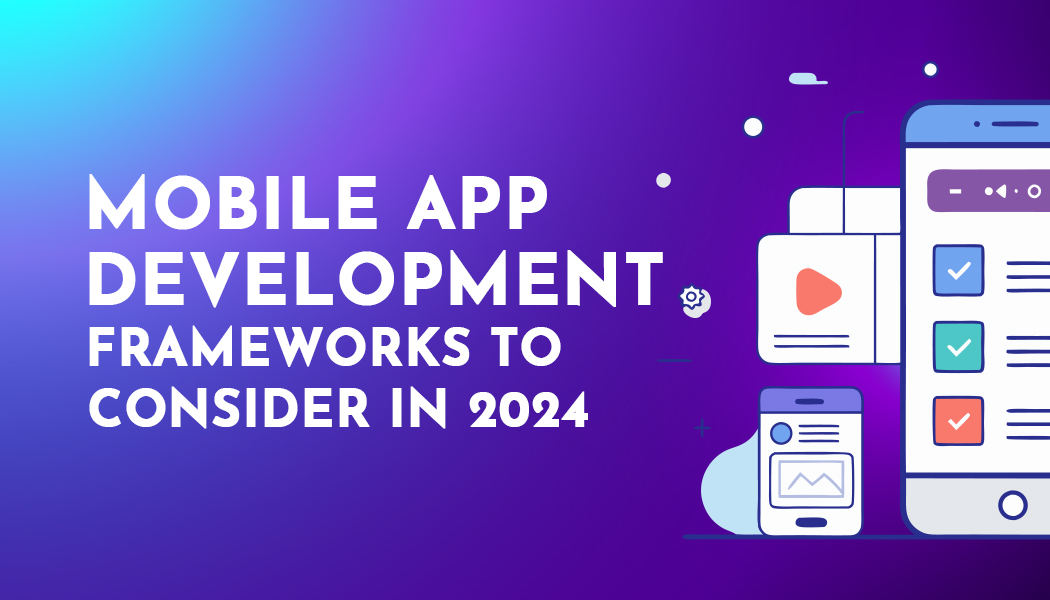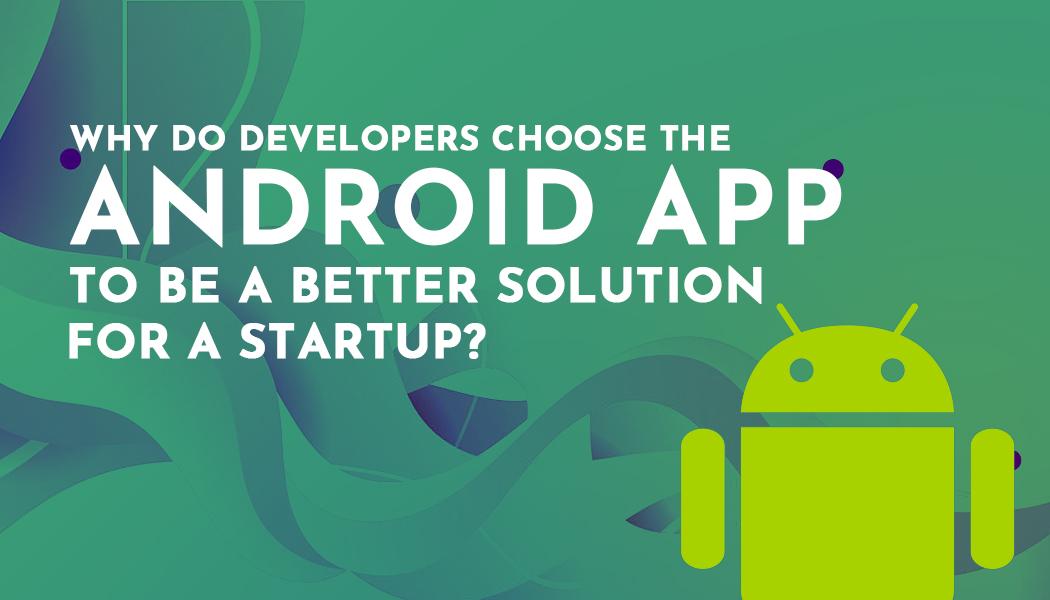10 Best Mobile App Development Frameworks to Consider in 2024
With $4.1 trillion in economic value added, mobile technologies and services contributed 4.7% of the world's GDP in the previous year. So, the demand for mobile app development frameworks has grown as well. It happened because businesses realized the importance of having a mobile app.
But breaking into the mobile economy is not enough. The main formula for success depends on the framework you choose. Selecting a framework that offers efficacy and adaptability is important.
So, let's know the best 10 frameworks for app development. This will help you choose a suitable one for your project.
10 Best Mobile App Development Frameworks in 2024
The mobile app business market is growing continuously. But, to thrive for the longest time, choosing the right framework is important. To do that, businesses must know the top ones in 2024.
Here is a list of the top 10 frameworks that you can use for developing mobile apps.
1. Flutter
Flutter is the open-source framework used by Google to develop native iOS and Android apps. Using a single codebase, it has become the developers' favorite. 46% of software developers use Flutter, which is the highest.
Flutter is a complete framework with a rendering engine, widgets, tools, and APIs. Also, the major plus of using Flutter is its hot loading feature. It speeds up the development process.
2. React Native
React Native is a popular cross-platform and open-source framework. It helps develop iOS and Android apps smoothly. This framework has gained popularity for its quicker development and deployment.
The best thing about React Native is its engaged community. Some notable features are integration with third-party plugins, reusable components, and component-based GUI development.
3. SwiftUI
Apple introduced SwiftUI in 2019 for developing apps. It is one of the top app development platforms for building user interfaces for iOS, watchOS, macOS, and tvOS. The primary feature of SwiftUI is declarative syntax.
You can use it to create your business social media app and ensure quick development. The simpler and shorter code usage makes the development process faster. It has built-in components and unique capabilities to improve end-user experience.
4. Xamarin
Microsoft owns Xamarin, which is one of the most-used open-source app development tools. You can use it to create high-performing native apps with the C# and .NET programming languages.
There is an abstraction layer controlling the communication between shared code and platforms. It offers seamless native code integration and utilizes reusable codes across platforms. 12% of developers use this framework to develop apps.
5. Ionic
Another open-source tool to develop mobile apps is Ionic. It allows developers to make powerful and feature-rich mobile applications. The most significant benefit of using Ionic is its many UI elements.
It includes forms, filters, views, action sheets, and navigation menus. All the components reduce the deployment time. Through it, you can develop hybrid apps and progressive web apps.
6. Apache Cordova
Apache Cordova, earlier known as PhoneGap, is a developer-friendly framework. It is also a cross-platform app development tool that uses HTML5, CSS3, and JavaScript.
The Cordova plugins allow developers to access device hardware capabilities. For example, they can use GPS, an accelerometer, and a camera to offer a native-like app experience. Other features are third-party app management tools and quicker development with a single database.
7. Corona SDK
The Corona SDK is popular for developing 2D apps for all leading operating systems. It uses the Lua programming language to make apps with audio capabilities and powerful graphics.
As it is a reliable tool, you can build trust online to get higher conversions. It uses OpenGL hardware integration to ensure stability and speed. Developers use this framework to create educational, utility, and gaming apps.
8. Vue Native
Vue Native also supports cross-platform mobile app development. It uses Vue.js’s simplicity and works with React Native to create responsive mobile apps with an improved digital customer journey and enhance your digital workflow
The app's debugging capabilities and real-time testing are the main features of Vue Native. It also comes up with cross-platform components like icons, badges, lists, and buttons. The Vue Native also has a hot loading feature and simple and intuitive syntax.
9. Framework7
Many developers choose Framework7 to develop apps as it is easy to learn. This framework uses popular web technologies like JavaScript, CSS3, and HTML5, making it a natural choice for those familiar with web design.The most attractive feature of Framework7 is its powerful UI elements. They have features like a list view, action sheet, side panels, pop-up, layer grid, etc. The extensive elements make the development process convenient, fast, and easy.
10. Native Script
Developers use Native Script mostly to reduce the time and code of the application. Many popular companies prefer to use this framework for the features it offers.
The Native Script offers business support, appropriate backend support, and access to Android and iOS APIs. It also has a hot loading feature to speed up the development process. Extensive UI components and plugins make it a developer's favorite.
Conclusion
Mobile app development frameworks streamline the app creation process. They allow developers to make apps using app development tools that are highly scalable and responsive. So, depending on your project's needs, choose the right framework to connect with your customers and measure their satisfaction using the best NPS tools.




